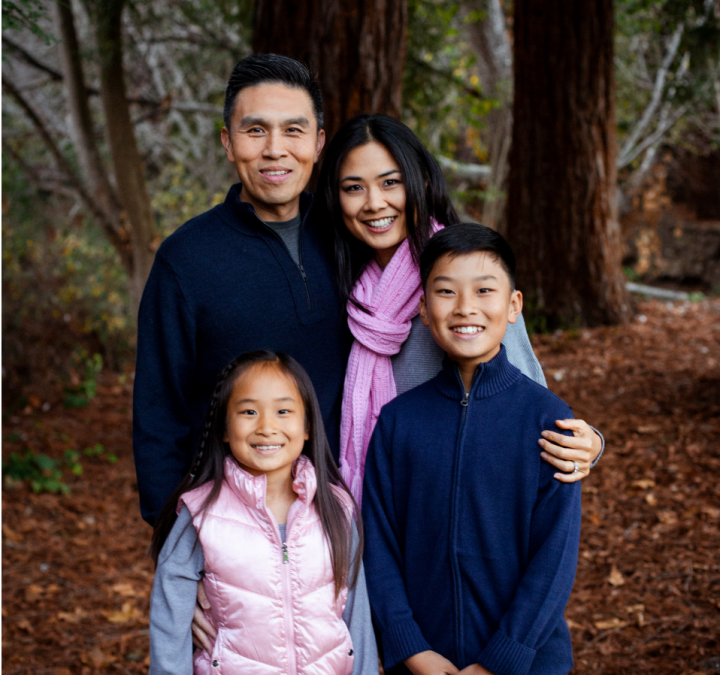
Lanhee Chen is a leader, problem-solver and educator who has built his career on tackling some of California and America’s biggest fiscal policy challenges. He was raised in Southern California and is the son of immigrants from Taiwan. After earning four degrees from Harvard University, including a law degree and doctorate in political science, he served in senior roles in both Republican and Democratic presidential administrations.
The Controller is California’s independent fiscal watchdog. That means that I won’t need the legislature or governor’s permission to audit state and local agencies and programs. As Controller, I will use my audit authority aggressively and frequently, particularly in examining state programs that may be ripe for fraud and abuse. Medi-Cal, California’s Medicaid program, is just one example. The number of Californians enrolled in the program has increased by about 50 percent since 2014, but the Controller’s Office has only periodically reviewed its operations. In fact, the last report that the Controller issued on how California’s Department of Health Care Services administers the program was in January 2018, and even that audit didn’t even uncover the $4 billion in improper spending that a separate report—written by State Auditor Elaine Howle—disclosed later that year. And that’s just one example. There are many others, from high-speed rail to California’s fraud-ridden unemployment insurance program, that taxpayers deserve to know more about.
As Controller, I will hold policymakers accountable for keeping the promises they make. For too long, the one-party monopoly in Sacramento has resulted in politicians protecting one another rather than being accountable to taxpayers. This is particularly important as we consider the challenges that we faced during the recent pandemic. California taxpayers deserve answers to questions like how tens of billions of dollars in federal assistance during the pandemic were spent. And whether school districts are actually using the funding they’ve received to help get our kids back into the classroom safely. Or why major political donors to Governor Gavin Newsom received no-bid contracts or plum appointments as part of the state’s pandemic response? These are the sorts of questions that, as Controller, I will answer on behalf of taxpayers.
The Controller’s Office was unable to disclose to the public where each one of the roughly 50 million payments it made—totaling over $300 billion in 2018 alone—went. The state’s comprehensive financial reporting system, FI$Cal, was supposed to be finished already, but is over-budget, late, and expected to lack some of the functions that were originally promised. As Controller, I will put an end to the Sacramento excuses and produce results. I will leverage the innovation and technology we have in our state to ensure that taxpayers have access to a best-in-class system to see these payments and understand exactly how their money is being spent.
Our state government shouldn’t be using gimmicks and smoke-and-mirrors to hide the true nature of our fiscal condition from California’s taxpayers. One example is the way that our state pension funds report on their own fiscal health. As Controller, I will fight to ensure that our state’s public pension funds, CalPERS and CalSTRS, clearly tell taxpayers how much they will owe once retirement benefits for current and former government employees come due. Today, for example, CalPERS estimates that it is about 70 percent funded but bases this on an assumption that it will be able to achieve a 7 percent yearly rate of return. But that’s a benchmark it has met only half of the time over the last ten years and one that CalPERS has significantly underperformed over the last twenty. A realistic accounting of expected returns would increase CalPERS’s unfunded liabilities by tens of billions of dollars. California’s taxpayers deserve to hear the truth on this and other issues, and as Controller, I will make sure they do.